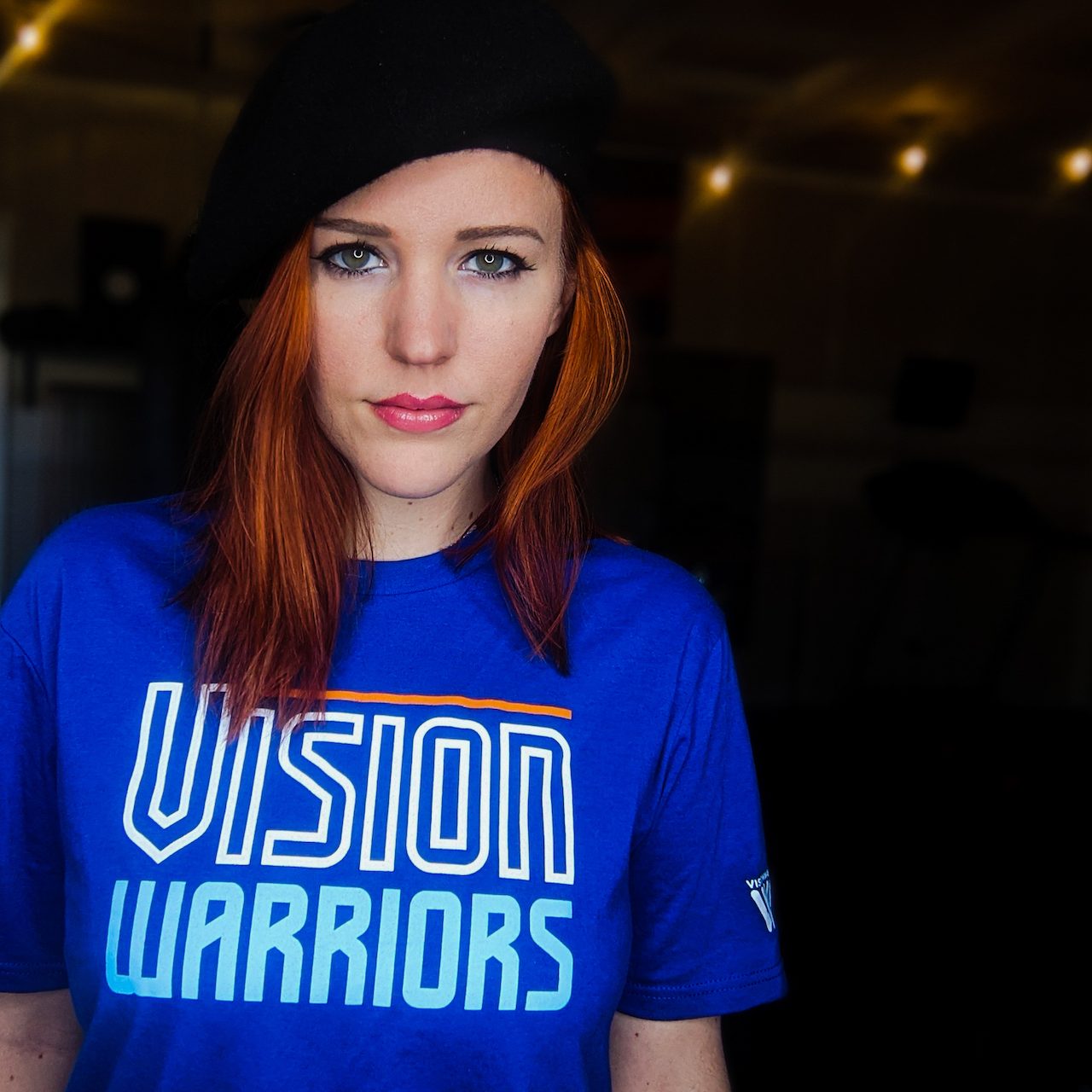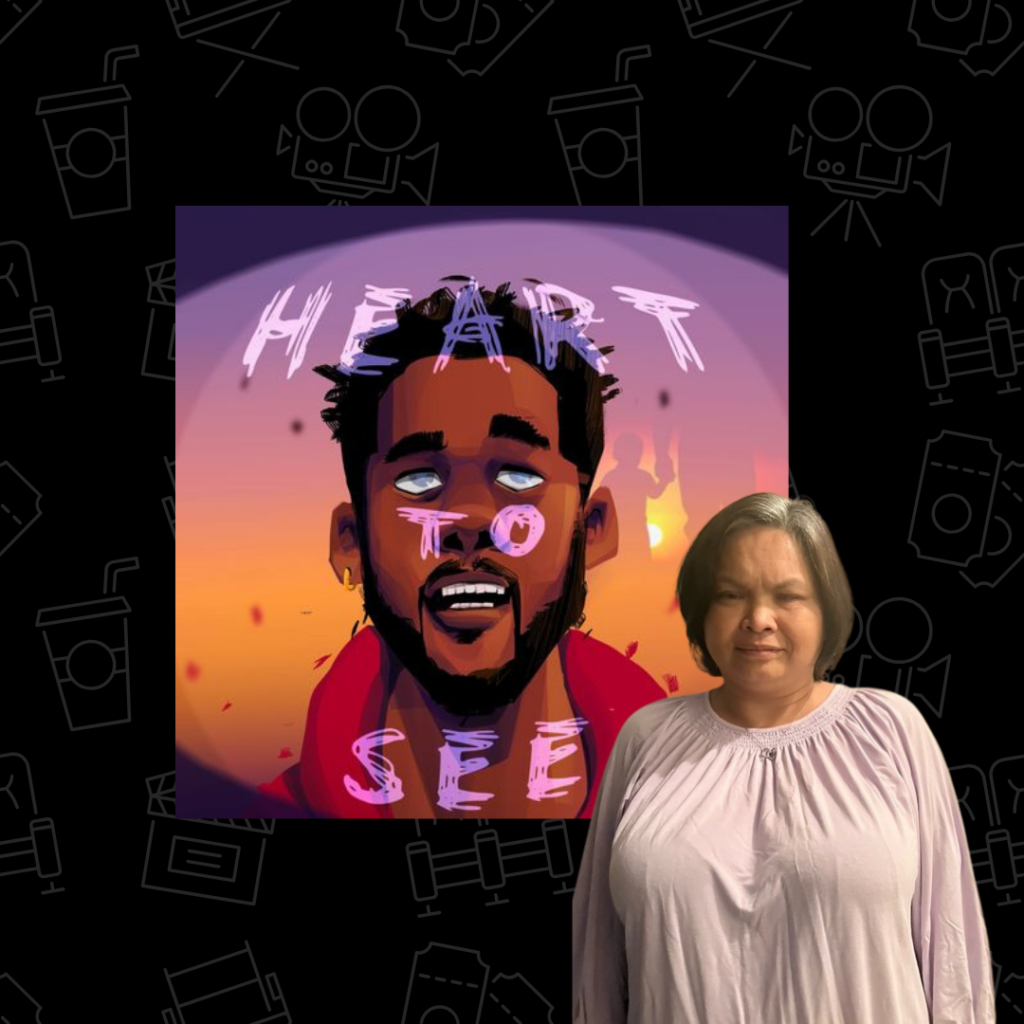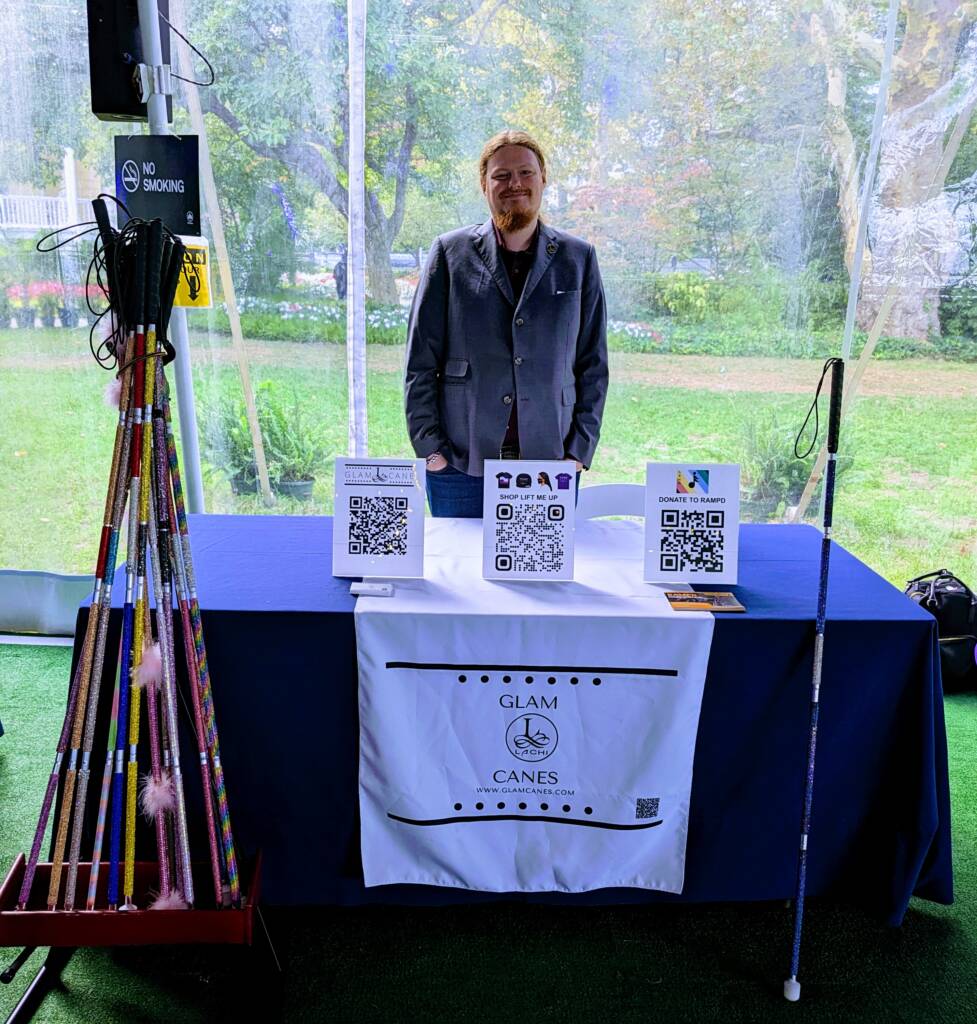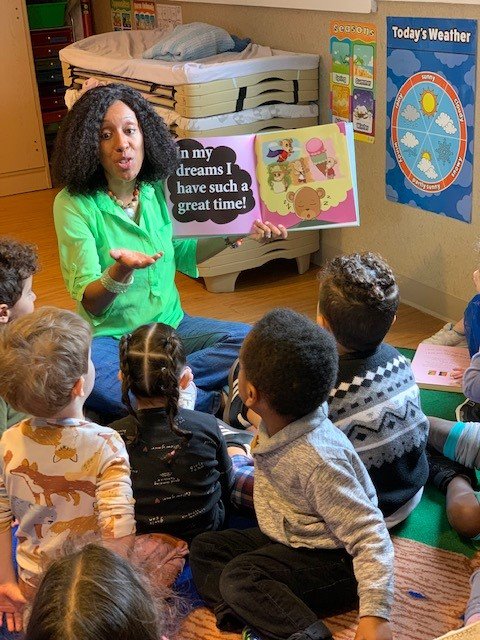My word for 2021 was heal. 2020’s was connect. Instead of resolutions, every New Year’s Day I choose a verb to live by for the year.
After an isolating pandemic and inherited retinal disease (IRD) diagnosis, both words seem wildly ironic.
Last month – weeks after losing my dad unexpectedly – I was diagnosed with a rare inherited retinal disease called Stargardt’s. Affecting roughly one in 10,000 people, Stargardt’s causes progressive vision loss and eventually blindness. This disease, like many others, is the result of a genetic mutation. There was no environmental trigger. No traumatic nudge. The ball was rolling from birth; it just took 28 years to see. Also ironic.
For a while after the diagnosis, I questioned everything with flare. Are we STILL in a freaking pandemic? Did I SERIOUSLY lose my dad? Was I LEGIT blindsided by inevitable blindness?
When the flare fizzled to a dark night of the soul, I reanalyzed my word for 2021. I shucked the irony and asked myself, as a grieving person facing a progressive disease, what it means to heal. How does healing take shape when you’re facing permanent or presently incurable loss?
For me, it means changing my relationship with pain and impermanence. It means adapting to new ways of living and seeing the beauty in what deviates from my personal norm.
Hope, healing and taking action
As a creative writer and avid book junkie, my norm is staring for hours at text on a screen or page. While the thought of losing that norm is daunting, there’s never been a cushier time for vision impairment. Using the sight I still have, I’m able to prepare myself for change by embracing today’s technology. I tip my ever-wonky hat to the smart folks making reading and writing possible for those with low vision.
But while my creative side skipped off to build an altar to the tech wizards, my philanthropic side got to wondering why there wasn’t a cure for Stargardt’s, was anyone working on it, and if so, where can I donate? This led me to the wonderful world of gene therapy.
Gene therapy is defined by the FDA as a technique that modifies a person’s genes to treat or cure a disease. It’s a rapidly growing field that holds great promise for treating a vast array of ailments, most notably IRDs. With my background in nonprofits, I seek to garner support for genetic research, affordable gene therapies, and vision-oriented organizations. It’s my belief that, to live in an age where technology and modern medicine reign, is not only a gift, but an opportunity. To support them is to breathe life into a hope that, for many disabled people, felt or still feels unrevivable. We can’t bring back the people we’ve lost, but we can let their experiences and legacies fuel our drive to help others.
As singer-songwriter Joan Baez said, “Action is the antidote to despair.” To act, ironically, is to heal.
About the author
Revey Hertzler is a writer and activist from Pensacola, Florida. Previous works include her collection of poetry, How the Dog Helps (Finishing Line Press, 2020) and If We Die en Masse (Barrow Street, spring 2021).
You can follow her on X (formerly Twitter) at @RealRevey or visit her website, RealRevey.com.



